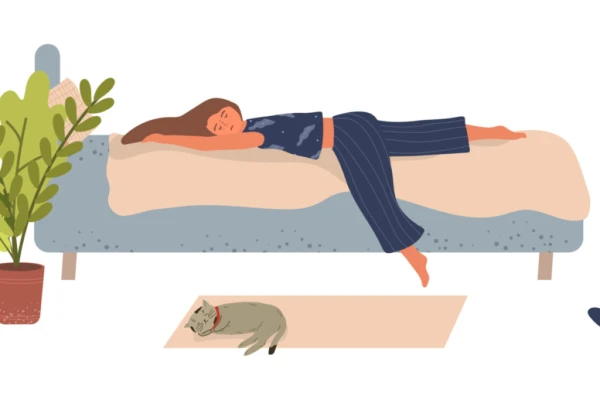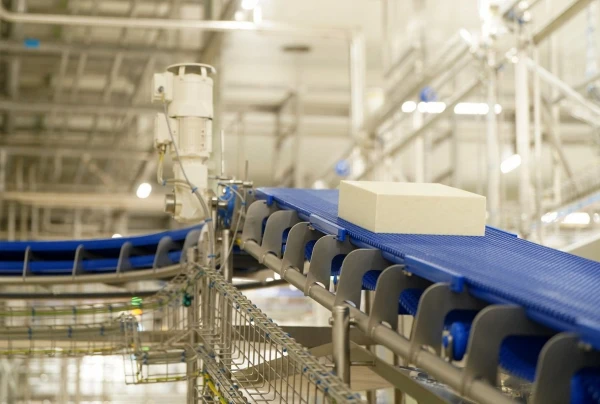
Research shows that moderate idleness benefits mental health and well-being. Sometimes allowing yourself to rest and do "nothing" means supporting your body and enhancing emotional well-being.
If you feel like lying in bed, watching your favorite series, or spending a day by the pool, this is not laziness in the usual sense, but a signal from your body about the need for recovery. According to estimates for 2023, most Americans spend about two and a half hours a day watching television (Yahoo Life).
"A pleasure break triggers a release of dopamine associated with feelings of joy," notes psychologist Sanam Hafiz. Idleness helps reduce burnout, recharge energy, and restore emotional balance.
Don’t Feel Guilty
The productivity culture creates a sense of guilt for resting. "We are taught from childhood to consider achievements the highest value, so rest is perceived as a failure," explains psychologist Lauren Cook. Licensed therapist Collin Marshall adds: rest is as necessary as recovery after physical exertion for athletes.
Watching series, reading, or engaging in other calm leisure activities helps restore strength and reduce stress.
Psychological Benefits of Idleness
-
Increased Creativity
Rest and relaxation give the brain a chance to form new connections, fostering creative thinking. A 2022 study showed that watching nature videos stimulates brain alpha waves associated with relaxation and creativity. -
Growth of Mental Potential
Sedentary leisure, including reading and intellectual games, contributes to better understanding of information and vocabulary development, as shown by a 2020 study. -
Reduction of Burnout
Regular breaks help recharge mentally and emotionally, allowing you to return to work with renewed energy.
Caution: Excessive Idleness
Too much rest and passive leisure increases health risks. Studies link a sedentary lifestyle to depression, cardiovascular diseases, obesity, hypertension, high cholesterol, and type 2 diabetes (CDC).
Mindful Idleness
It is important to be "here and now" during rest. Full presence in the moment, whether it’s a series, a book, or a walk, helps develop mindfulness, reduce stress, and bring joy (Marshall).
When you rest effectively, you feel more satisfied and productive.















Leave a comment